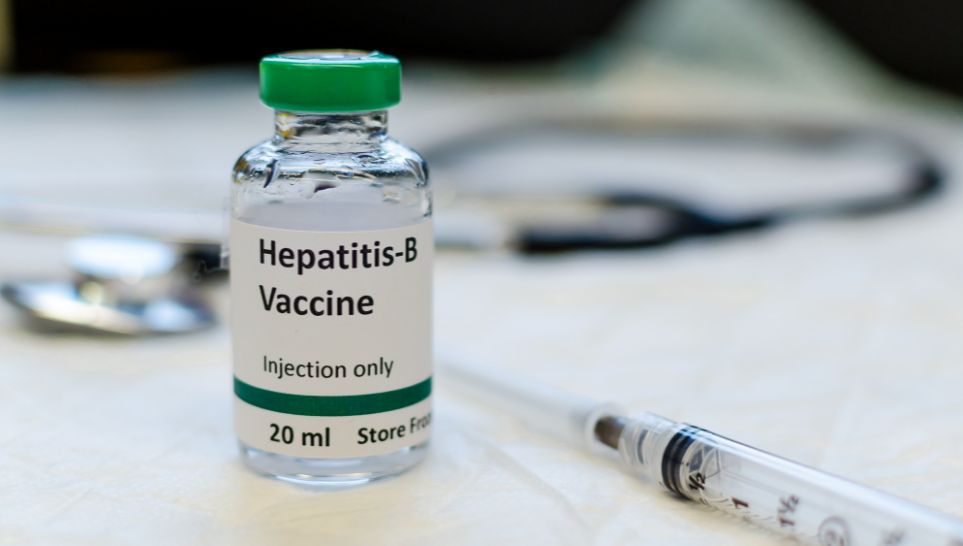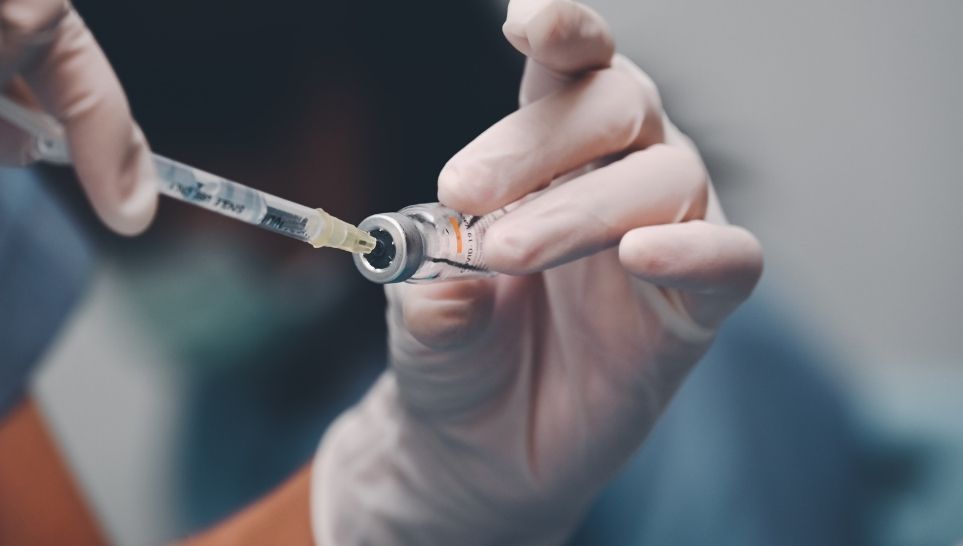
Vaccine Injuries and VICP Compensation
Vaccines carry a risk of causing autoimmune disease. Public concern over these risks has increased in recent years, and the number of people opting out of vaccinations for themselves or their children has risen. There is substantial evidence supporting the claim that dangerous, sometimes fatal side effects do occur, and there is a great need for more research into potentially harmful side effects caused by vaccines.
Evidence of vaccination injury
According to a 2003 report published by the Centers for Disease Control and Prevention (CDC), the smallpox vaccine carries serious and sometimes life-threatening risks. The report also stated that changes in human physiology over the years has likely caused an increase in persons with a higher risk of adverse reactions to the smallpox vaccine. This means that vaccines have the potential to become more dangerous than they have been in the past. The CDC’s report demonstrates a dire need for current research into vaccine injury; it relies on only two studies in determining the frequency of adverse effects from vaccinations, both of which are a half-century old.
Although unable to establish a definitive causal relationship, the National Center for Biotechnology Information(NCBI) acknowledges a distinct correlation between vaccinations and at least 10 autoimmune diseases, which include primary ovarian failure and systemic lupus erythematosus. The report also states that, although rare, “numerous reports have highlighted the occurrence of neurological, articular and autoimmune untoward effects after single or combined multivaccine procedures.” The vaccines most closely associated with these conditions are the HBV, tetanus, MMR, influenza and DPT vaccinations. The NCIB encourages further research to better determine the relationship between vaccinations and autoimmune disorders.
Compensation for vaccination injury
Although the risk of serious conditions or reactions caused by inoculations is said to be small, it is not small enough to be disregarded by the federal government. The federal government established the National Vaccine Injury Compensation Plan (VICP) in 1986, and it went into effect in 1988. From 2006 to 2017, according to a 2019 reportby the Health Resources and Services Administration (HRSA), the VICP awarded compensation in nearly 4,000 cases, which was more than 50 percent of the cases adjudicated by the courts. Those looking to file a VICP claim are provided with eight years of retroactive coverage.
Vaccines carry the risk of serious adverse effects, and there is a serious lack of reliable information on the prevalence of such effects. The federal government can and does award compensation for these injuries, and people affected should seek legal representation before the eight-year window expires.





